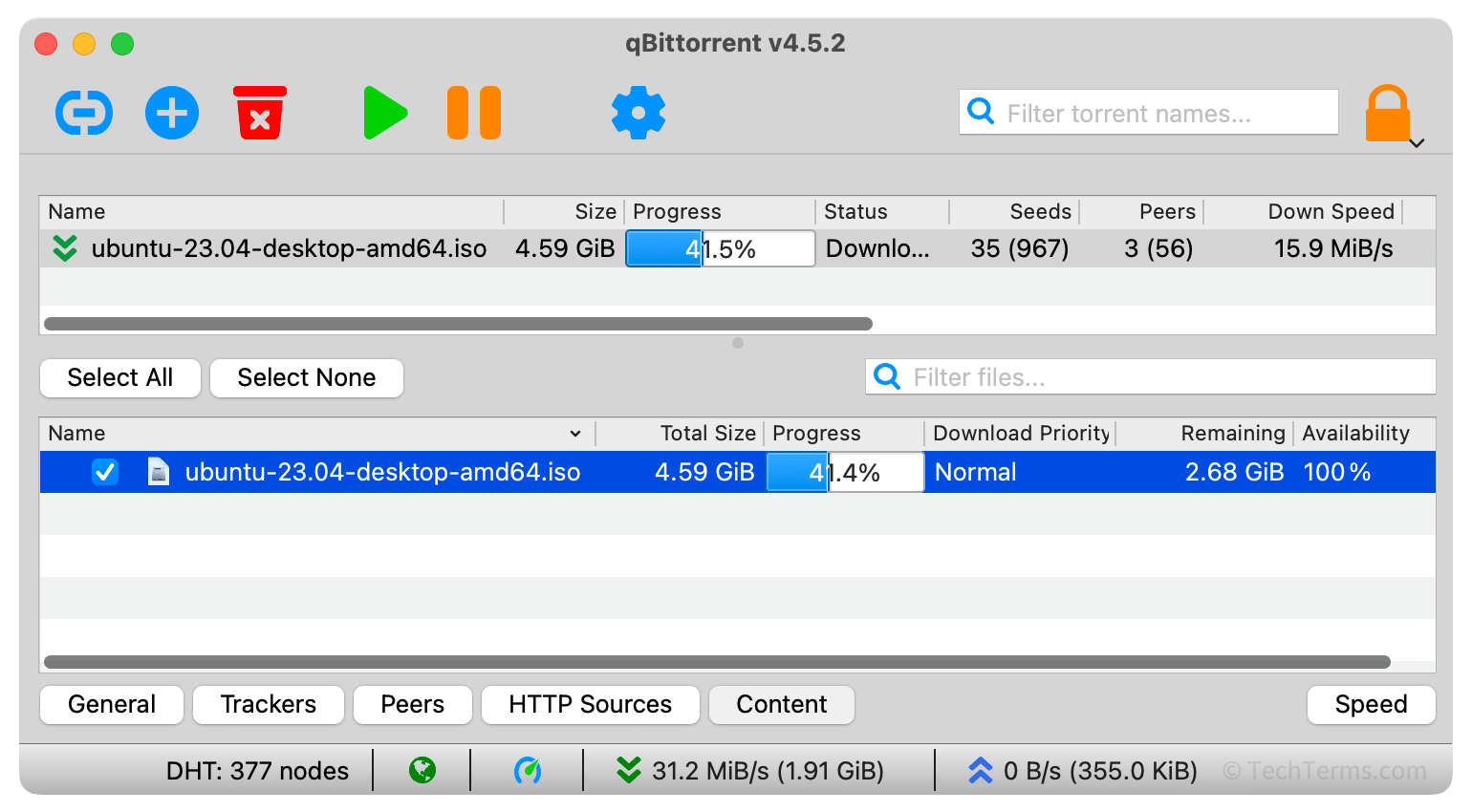Torrent, a term that has become synonymous with file sharing and digital distribution, plays a crucial role in the way we access and share content online. It is a protocol that enables users to download files from multiple sources simultaneously, allowing for faster and more efficient transfers. As the digital landscape continues to evolve, understanding how torrents work and their implications for internet users has never been more important.
In the age of streaming and on-demand content, torrents present an alternative method for distributing large files, such as movies, software, and games. While torrents have gained a reputation for being associated with piracy, they also serve legitimate purposes, such as distributing open-source software and public domain content. This article aims to explore the world of torrents, shedding light on their functionality, advantages, and potential risks.
As more individuals and organizations turn to torrents for file sharing, it is essential to grasp the underlying technology and its broader impact on digital rights and internet freedom. Whether you are a casual downloader or an avid file sharer, understanding torrents can empower you to navigate the digital realm more effectively and responsibly.
What Exactly is a Torrent?
A torrent is essentially a file that contains metadata for the files you wish to download. Instead of hosting the actual content on a central server, torrents utilize a decentralized approach, connecting multiple users (peers) who share portions of the file. This technology is based on the BitTorrent protocol, which was developed in 2001 by Bram Cohen.
How Do Torrents Work?
Torrents operate using a peer-to-peer (P2P) network, where users download pieces of a file from various sources simultaneously. Here’s how the process generally works:
- The user downloads a torrent file or a magnet link.
- The torrent client reads the metadata and connects to a swarm of peers.
- Files are downloaded in small chunks from multiple peers.
- As pieces are downloaded, the user can also upload them to others, contributing to the sharing process.
What are the Advantages of Using Torrents?
Torrents offer several benefits that appeal to users worldwide:
- Speed: Downloading from multiple sources can significantly increase download speeds.
- Efficiency: With no central server, downloads can continue even if some peers disconnect.
- Redundancy: If one peer goes offline, others can still provide the desired file.
- Access to Large Files: Torrents are particularly useful for downloading large files, like movies or software.
Are Torrents Legal?
The legality of torrents is a complex topic. While the technology itself is legal, the content being shared often determines its legality. Here are some key points to consider:
- Legitimate content: Many open-source projects and public domain files are distributed via torrents.
- Piracy concerns: Downloading copyrighted material without permission is illegal in many jurisdictions.
- Legal consequences: Users can face fines or legal action for sharing or downloading pirated content.
How Can You Use Torrents Safely?
Using torrents safely requires a few precautions to protect your privacy and avoid legal issues:
- Use a VPN: A Virtual Private Network encrypts your internet connection, helping to hide your activity from prying eyes.
- Check file sources: Always verify the credibility of the torrent files you download to reduce the risk of malware.
- Be aware of copyright laws: Familiarize yourself with the laws in your country regarding torrents and file sharing.
What Tools Do You Need for Torrenting?
To start using torrents, you'll need a few essential tools:
- Torrent Client: Software like qBittorrent, uTorrent, or BitTorrent, used to download and manage torrents.
- VPN Service: To ensure a secure and private torrenting experience.
- Search Engines: Websites that index torrent files, such as The Pirate Bay or 1337x.
Personal Details and Bio Data of Bram Cohen
| Name | Bram Cohen |
|---|---|
| Date of Birth | October 12, 1975 |
| Profession | Computer Programmer, Entrepreneur |
| Known For | Creating the BitTorrent protocol |
| Nationality | American |
What is the Future of Torrent Technology?
The future of torrent technology is promising, with potential advancements in speed, security, and accessibility. As internet speeds continue to increase and the demand for large file transfers grows, torrents may become even more prevalent. Furthermore, the rise of decentralized technologies, such as blockchain, could revolutionize the way torrents are operated and managed, providing additional layers of security and transparency.
Is Torrenting Here to Stay?
Despite the controversies surrounding torrents, they are likely to remain a popular method for sharing files. As long as users prioritize safety and legality, torrents can provide an efficient alternative to traditional file-sharing methods. The key lies in understanding the technology, its uses, and the legal implications of torrenting.
In conclusion, torrents represent a fascinating aspect of digital file sharing, with both pros and cons that users must navigate. By understanding how torrents work and taking the necessary precautions, individuals can enjoy the benefits of this technology while minimizing risks. The world of torrents is ever-evolving, and staying informed will empower users in their digital endeavors.




